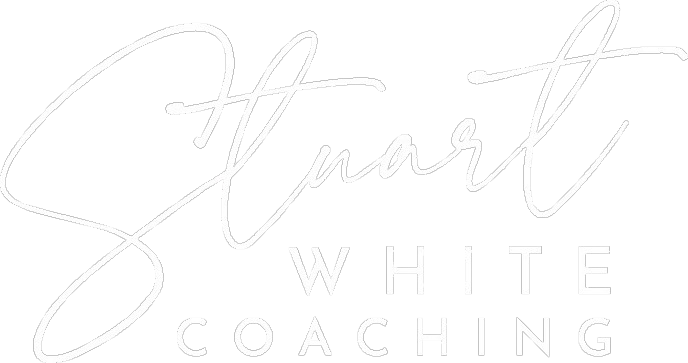THE BUSINESS OF CAMPAIGNING
Each week during COVID, I told myself: This is the last time I’ll write about this. And yet, the next week, I was back at my desk, compelled to reflect again.
I find myself now in a similar cycle, only this time it’s about my friends detained in Iran. And I realise that for many of you, you probably don’t give a monkey’s curse about Craig and Lindsay Forman, because you have other things on your mind a tight financial squeeze, a new government that may be progressing or floundering depending on who you talk to. These may be your causes and concerns. For me, this isn’t just another cause. It’s personal. And when something becomes so big in your life, you assume the world should care just as deeply. But it doesn’t work like that.
My daughter, deeply involved in our campaign, recently clashed with people who refused to sign our petition. Their reason? They worked for the UK government and feared career repercussions. I’ve seen this hesitation elsewhere too. Even with an article we wrote critiquing the Foreign Office’s reactive handling of the detentions, people agreed with it, yet declined to be named. “Too political,” they said. “Too risky.”
I’m starting to realise that in Britain today a long-time democracy and one-time bastion of free speech people now fear voicing their opinions. In France, where I live now, it’s quite the opposite. Protest is almost a national pastime. People here don’t just tolerate dissent they expect it. But in Britain, mistrust now ripples through friendships, families, and communities.
So when someone tells me they can’t like a post about Lindsay and Craig because it might harm their business ties with government, I feel my blood boil. How can a fear of economic fallout outweigh the urgency of a life-threatening injustice? Qarchak Prison, where Lindsay is now held, has no drinking water. The heat reaches the high 30s. It’s overcrowded and unsanitary seven people crammed into ten square meters. Only two people can stand at a time, and they’re locked in there for hours. This isn’t about a brand or an online spat. It’s about survival. And yet, we live in a world where silence often feels safer than solidarity.
Part of my journey has been understanding that people aren’t indifferent — they’re overwhelmed. Gaza. Global warming. Dolphins in Walvis Bay. Every campaigner believes their cause is the most urgent. And they’re right. So is mine. So is yours. That’s when I realised that campaigning isn’t just an act of conscience it’s a form of strategy. It’s not just about managing emotions; it’s about using them — ethically, powerfully to capture attention and drive action.
Still, even the most strategic campaigner is often left asking: Is it working? After four weeks of going public with our campaign, the family received a phone call something they’d been trying to secure for eight months. When it finally came through, we were asked: Was this because of the campaign? My honest answer? We don’t know. That’s one of the most frustrating realities of this work: you rarely get proof. There’s almost never a neat causal link.
But what we do know is this there’s no evidence that campaigning harms. In fact, almost every former hostage we’ve spoken to has said the opposite: that public campaigning gave them strength. That it reminded them they weren’t forgotten. That people cared. And in some cases, that sense of solidarity helped them survive. Richard Ratcliffe is unequivocal. He believes that without the public effort behind Nazanin and Anoosheh, their releases would have taken far longer if they happened at all. Compare that to Mehran Raoof, imprisoned around the same time, with no campaign behind him. He remains in prison to this day.
So while we may never know whether that phone call came because of our campaign, we believe it made an impact. Because visibility shapes public opinion. Public opinion drives political will. And political will changes things.
I now see that advocacy and business are two sides of the same coin. A campaign needs a CEO to make tough calls, a Finance Director to track resources, marketers and storytellers, people working behind the scenes to keep everything running, and a product your message that people must “buy.” Campaigning, like business, is about getting that message to market, positioning it effectively, and sustaining it long enough to see impact. Activism becomes an occupation at first part-time, but quickly a full-time job.
Ironically, I’ve never considered myself a human rights advocate. I once chaired Lifeline, passionate about mental health access. But we were so mired in politics, we never moved the needle. No one’s life got better because we couldn’t get past ourselves. Had I known then what I know now, I might have run that board like a campaign focused, driven, emotionally attuned. Maybe we could have made a difference.
This campaign has stretched me. Family, business, activism it’s been a lot. And to be honest, it has often felt like too much. But it’s given me a whole new skill set. A new language. A deeper clarity.
And maybe, a glimpse of what my next chapter might look like. Because when you fight for something you truly believe in, you’re not just changing the world you’re changing yourself.
